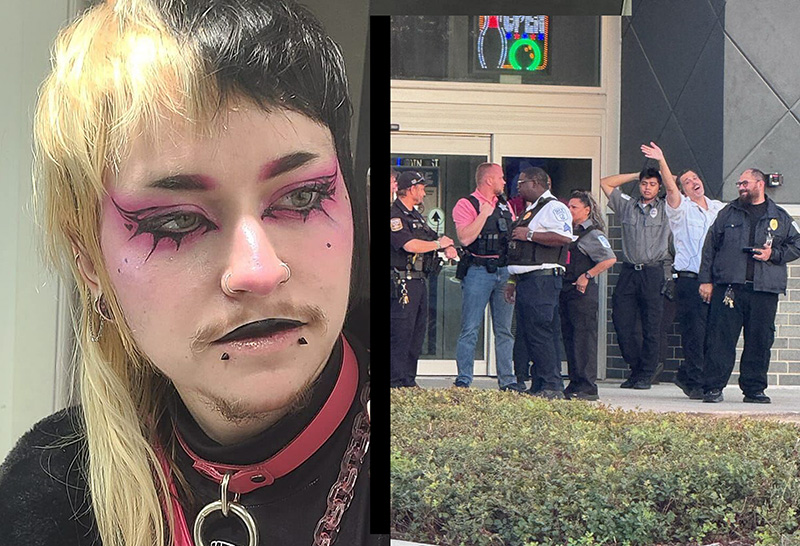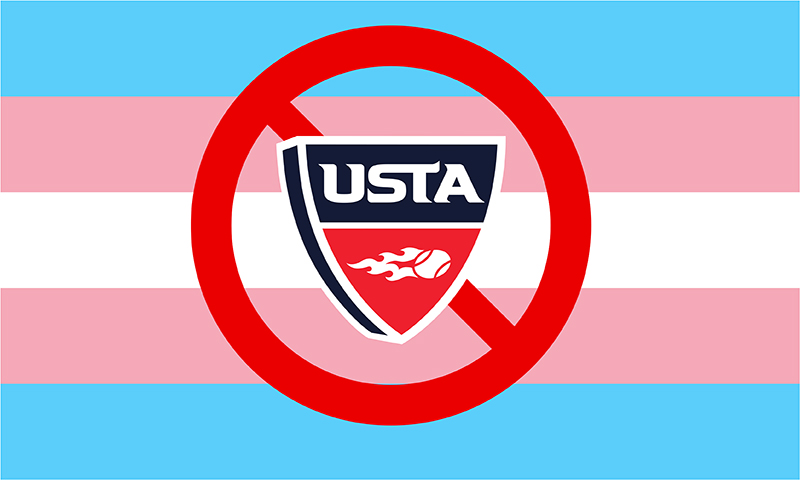“Educational Gag Order” Bills Have Increased 250% Over Last Year
Republican-sponsored bills tend to target race- and LGBTQ-related topics, with increasingly more punitive penalties.

The number of bills seeking to impose “educational gag orders” that limit or ban certain types of topics or discussions from school classrooms has increased more than twofold in the past year, according to a new report.
The report, “America’s Censored Classrooms,” which was released by PEN America, an organization that seeks to defend free expression through the advancement of literature and human rights, finds that the number of bills in 2022 seeking to “gag” teachers from broaching specific topics in classrooms increased from 54 in 2021 to 137 in 2022 — a 250% increase.
Educational gag order bills, each of which deal with a different topic, have become law in 19 different states in recent years, with specific bills being introduced in 36 different states. Of all states, Missouri was the worst offender, with lawmakers in the Show Me State proposing 21 separate gag order bills to limit what can be discussed or mentioned — even in passing — in classrooms.
While only a small number of the 137 bills introduced this year have actually passed, PEN America, and other advocates of free expression, have warned that the increase in proposed gag orders highlights the rapidly escalating threats to students’ First Amendment rights. Opponents of such bills argue that they incentivize teachers to sanitize lesson plans, or omit lessons entirely out of fear of running afoul of the law. In many cases, teachers self-censor their speech in order to comply with the law, with some teachers going so far as to penalize or reprimand students who exercise their own free speech rights by raising topics that the teacher does not feel comfortable addressing.
Among its other findings, the report finds that the overwhelming majority of gag order bills have been introduced by Republicans, with only one of the 137 bills seeking to restrict fee expression having been sponsored by a Democrat.
Most of the gag order bills have targeted race-related issues, restricting discussions of so-called “divisive concepts,” such as race, the origins of racism, the influence that racism has had on the country’s history, or anything that portrays America’s history, government, or society — past or present — in a negative light. However, an increasing number of bills — the total number of which has risen to 23, from just five in 2021 — have focused on restricting speech related to LGBTQ identities.
The report finds that bills introduced this year have also been more likely to target institutions of higher education, not just elementary and secondary schools. Nearly 2 out of every 5 gag order bills have targets colleges and universities, threatening them with loss of accreditation and the loss of state funding, as well as potentially losing access to federal financial aid.
PEN America also notes that this year’s crop of bills has been more punitive in terms of the penalties or punishments it assesses against violators, with some states imposing fines against institutions that teach or allow discussion on prohibited subjects and even allowing for criminal charges to be brought against teachers.
Lastly, the report finds that the gag order bills may hamper students’ ability to learn by censoring certain types of speech or intellectual exchanges, including in-class debates. In one case, Iowa high schoolers claimed there was “a different atmosphere at the school” after the state’s gag order became law, with one teacher reporting that they felt unable to explain the Three-Fifths Compromise in the Constitution without running afoul of the state’s gag order law.
“Our report documents in alarming detail the threats to how young people learn and are taught in American schools,” Suzanne Nossel, the chief executive officer of PEN America, said in a statement. “Lawmakers are undermining the role of our public schools as a unifying force above politics and turning them instead into a culture war battleground. By seeking to silence critical perspectives and stifle debate, they are depriving students of the tools they need to navigate a diverse and complex world.”
“Educators are under attack from legislators bent on depriving our children of an education that is open to a breadth of perspectives,” Jeremy Young, the senior manager of PEN America’s Free Expression and Education program and the report’s lead author, said in a statement. “Vibrant learning opportunities are essential for democratic citizenship to flourish. But this report confirms a grim reality: some elected leaders are marching schools backward, and trampling on students’ free expression in the process.”
Support Metro Weekly’s Journalism
These are challenging times for news organizations. And yet it’s crucial we stay active and provide vital resources and information to both our local readers and the world. So won’t you please take a moment and consider supporting Metro Weekly with a membership? For as little as $5 a month, you can help ensure Metro Weekly magazine and MetroWeekly.com remain free, viable resources as we provide the best, most diverse, culturally-resonant LGBTQ coverage in both the D.C. region and around the world. Memberships come with exclusive perks and discounts, your own personal digital delivery of each week’s magazine (and an archive), access to our Member's Lounge when it launches this fall, and exclusive members-only items like Metro Weekly Membership Mugs and Tote Bags! Check out all our membership levels here and please join us today!



























You must be logged in to post a comment.